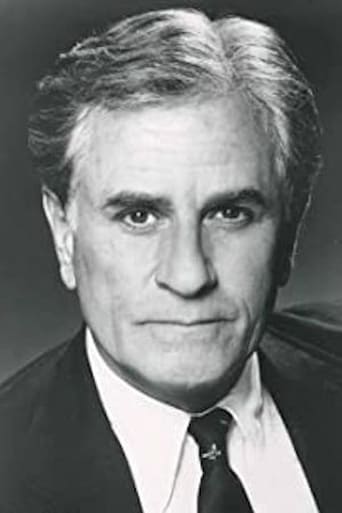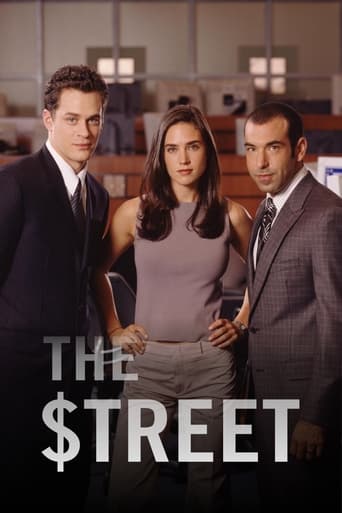










East Side/West Side (1963)
East Side/West Side is an American drama series starring George C. Scott, Elizabeth Wilson, Cicely Tyson, and later on, Linden Chiles. The series aired for only one season and was shown Monday nights on CBS. TV Guide ranked it #6 on their 2013 list of 60 shows that were "Cancelled Too Soon".
Writing:
Release Date:
Mon, Sep 23, 1963
Country: US
Language: En
Runtime: 60
Country: US
Language: En
Runtime: 60
Season 1:

Brock must decide if a woman is an unfit mother because of her profession.

An angry cop has his underage daughter's boyfriend arrested on a charge of statutory rape.

Brock tries to help a war veteran who has been refusing to face the world for the last 10 years.

A wealthy playgirl with numerous traffic violations is sentenced to perform social work for a month under Brock's supervision.

The new principal of a high school is faced with a student revolt.

A mildly retarded young man is charged with molesting a girl.

A black couple in Harlem are driven to take action against slum conditions when their baby is bitten by a rat.

Brock tries to help a landlord whose building is being razed by the city to make room for a playground.

Brock tries unusual methods in his efforts to cure a conpulsive gambler.

A black couple has trouble with some of the other homeowners when they move to an all-white suburban community.

A man suddenly leavs his family and goes back to his old neighborhood to rediscover his youth.

Parents find out that their 5-year-old child has schizophrenia.

Brock has to find new lodgings for an eccentric group of senior citizens who are losing their present home.

Brock tries to find a solution to the problem of welfare recipients becoming ineligible if they take part-time jobs.

When a politician tells a beatnik that the people don't want ""his kind"" in the area, Brock advises the beatnik to fight back by running against him in the next election.

A homeless woman fears for the life of her friend, who has taken to drinking wood alcohol.

A construction worker doesn't like having been forced into retirement.

After being abused by her mother's boyfriend, a teenage girl tries to make a living on the streets.

Brock tries to help a wheelchair-bound paraplegic who dreams of nothing but the day he'll be able to walk again.

Brock comes up against a ""numbers runner"" who caters to his neighborhood's gambling needs.

Brock is offered a job as legislative consultant for an ambitious U.S. Congressman, and must decide if this is a better way for him to help people than to continue his community social services work, treating one case at a time.

A young union negotiator is unsure where his loyalties lie in a labor dispute.

When Representative Hanson gets Brock to appear on a TV discussion program about the problem of slums and then refuses to follow through, Brock considers quitting.

Brock uncovers evidence that a wealthy manufacturer has been bribing government officials.

Brock can't find a newspaper interested in publishing his series of articles about the plight of the poor.

























